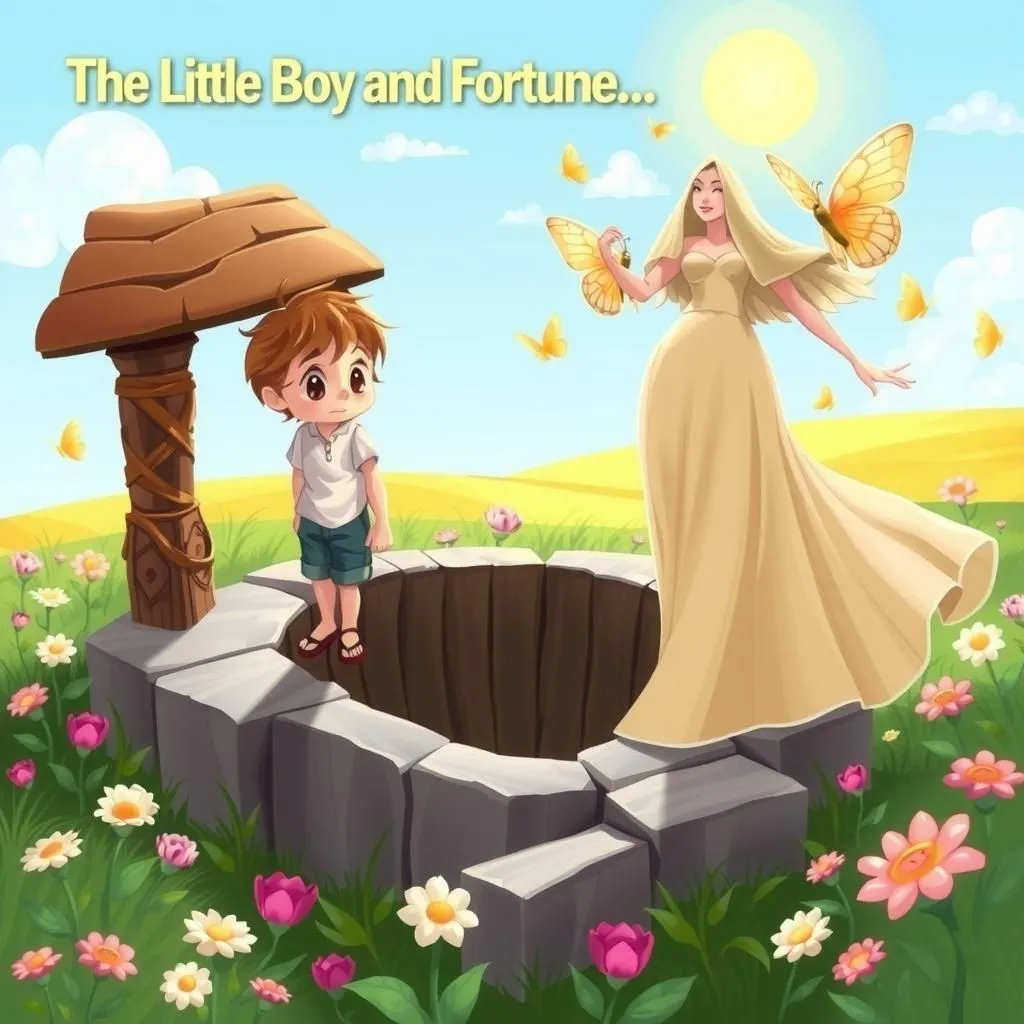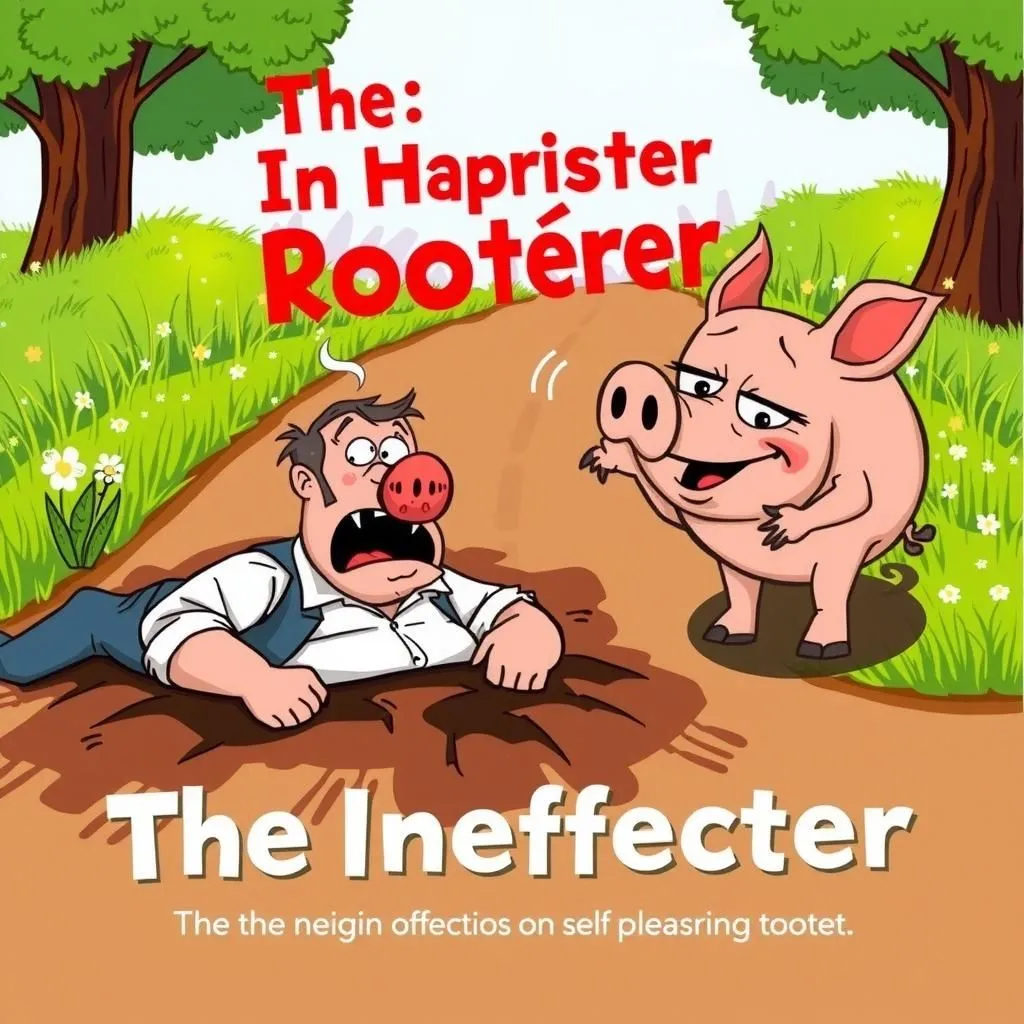
The Archer and the Eagle
In "The Archer and the Eagle," a mortally wounded eagle finds comfort in the fact that the arrow that struck him was feathered with one of his own quills, highlighting a profound lesson from moral stories. He reflects, "I should have felt bad, indeed, to think that any other eagle had a hand in this," showcasing the depth of his acceptance. This captivating moral story reminds us that sometimes, the source of our pain can provide solace, making it one of the best moral stories to inspire resilience.


